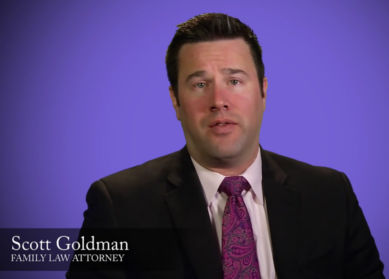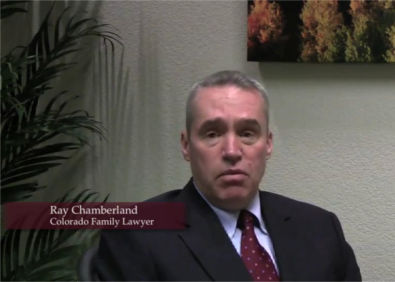What is child custody based on in Colorado? Child custody is based on a standard – a legal standard – called “What is in the best interest of the children“? And Child custody includes two pieces. It includes parenting time and it includes decision-making. And also, of course, there’s child support that needs to be dealt with. So how is that determined? Essentially, you’ll either agree to those things, in other words, you’ll have the children, let’s just say, 50% of the time – 50% of the overnights a year. Your ex-spouse will also have the children 50% of the time, or 50% of the overnights for the year.
Or certainly we have clients where they take a stand that for reasons of stability or reasons where someone has a job that requires them to travel all the time, that they have less child custody. So the parenting time might most of the time with one parent – the primary parent – and then the other parent might have every other weekend per se with the children. Child custody is either going to be determined, like I said, by you and your spouse or it’s going to be determined by the court if you can’t come to an agreement on that. The court is going to look at what’s in the best interest of the children. The court’s not – I know this is hard – but the court’s not interested at all in you or your spouse. They’re not. That’s not their charge. Their charge is what’s in the best interest of the children.
So it behooves you when you’re sitting down and maybe talking about a child custody issue in the case of a divorce, what is in the best interest of the children in terms of parenting time? What is in the best interest of the children in terms of decision-making? In other words, should decisions all be made by both of you together – joint decision making – or are there some decisions that one or the other of you should make because you can see down the line that there may be real problems associated with trying to come to agreement.
Mostly I see this in the area of wanting the children to go to therapy. One parent believes in therapy, the other parent doesn’t. Or medical issues. We’ve seen children with attention deficit syndrome. One parent believes in medication, the other parent doesn’t. So you can see down the line that there might be issues regarding decision-making.
One of the exceptions to joint decision-making that the court will impose has to do with domestic abuse. If there is domestic abuse in your relationship, then the court will not allow joint decision-making because there’s an imbalance of power between the two parties. So you can see, there’s some complexities here. But the decision the court will make will always be based on that standard – the best interest of the children – and it will be the judge’s opinion about what’s in the best interest of the children.
So if you can’t come to an agreement, you’re essentially handing that, let’s just say subjective decision to someone else, and hopefully the judge will make a good decision on that for you if you can’t do that yourselves.
By: Leslie Matthews








